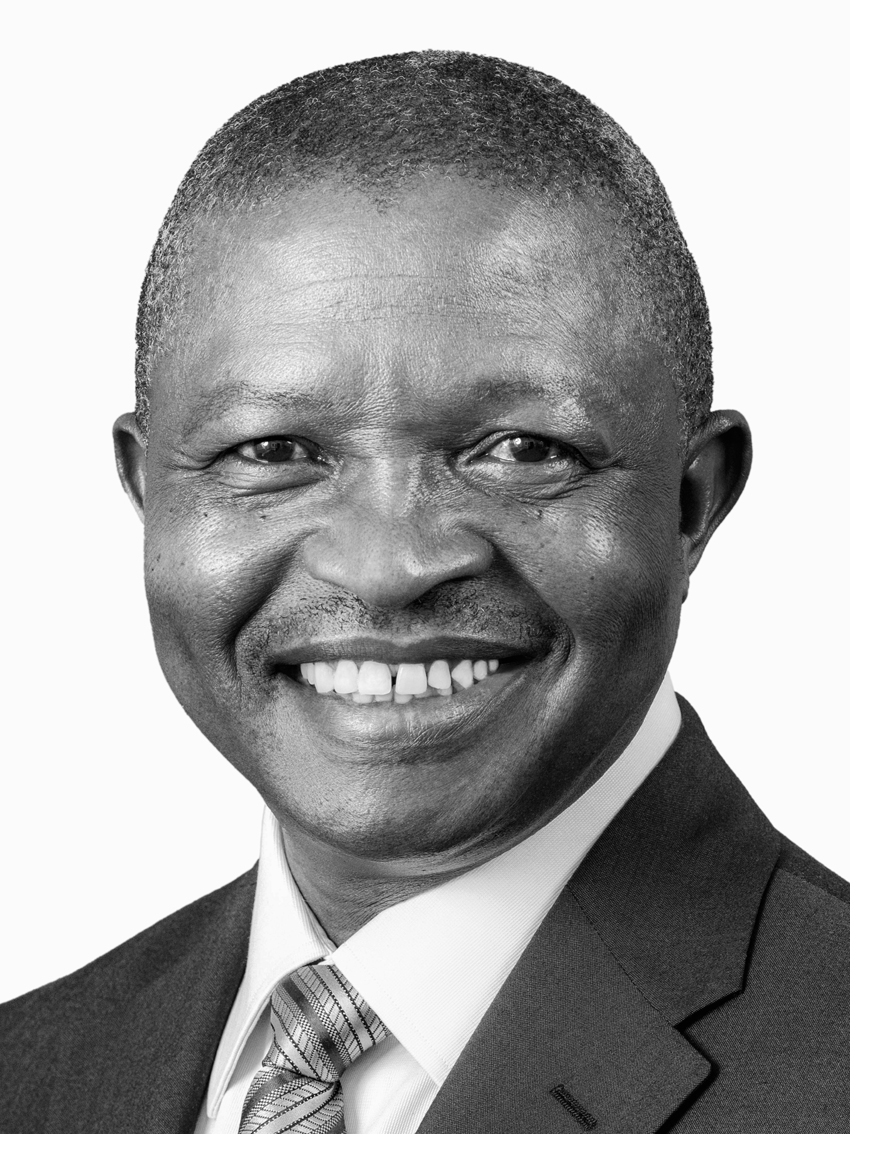Deputy President Mabuza submits Written Replies for Oral Questions in the National Assembly

On 03 September 2020 the National Assembly passed a motion to allow outstanding Oral Replies by the Deputy President to be submitted as Written Replies.
Deputy President Mabuza has subsequently submitted the replies to questions by members of the National Assembly in written form. The replies that the Deputy President has submitted were based on questions relating to among others, the Moral Regeneration Movement in post Covid-19 South Africa, coordination between the three spheres of government for successful service delivery, and government procurement in stimulating township and rural economy.
In his response to a question relating to collaboration between the three spheres of government for improved service delivery, Deputy President Mabuza pointed out that although the Constitution is clear on interdependence and interrelatedness of the three spheres of government, in certain areas misalignment and patterns of working in silos have persisted often resulting in inefficient patterns of infrastructure investment and blurred lines of accountability, thus making it difficult for monitoring and oversight of government programmes.
However, after several years of implementing programmes aimed at improving service delivery and of maximising the impact of interventions on communities, lessons that point to a need for more deliberate efforts at collaborating and coordinating across the three spheres of government, have been learnt.
It is for this reason that the District Development Model was launched to serve as a vehicle for promoting cooperative governance. This is intended to accelerate, align and integrate development under a single and inclusive plan in each district. The model also supports other structures to achieve policy coherence across all three spheres, these include the President’s Presidential Coordinating Committee together with SALGA.
Another vehicle for achieving collaboration and coordination for improved service delivery, is the Inter-Ministerial Committee on service delivery chaired by Deputy President Mabuza that is tasked with providing political oversight and leadership to ensure that key development priorities are developed and implemented within the framework of the District Development Model.
Deputy President Mabuza also responded to a question from the official opposition, about his role as Patron of the Moral Regeneration Movement. In his response to a statement issued by the Moral Regeneration Movement about government’s COVID-19 response, the Deputy President was emphatic that government’s position is clear and unrelenting that corruption in all its forms and manifestations must be completely eradicated.
In this regard, Deputy President Mabuza acknowledged that various programmes of the Moral Regeneration Movement must go deeper into interrogating the root causes of social ills that continue to plague society. These programmes must also seek to address the deep inequalities that exist in our society that further manifest in acts of sexism, patriarchal tendencies and economic exclusion of women, which if not addressed, will undermine the agenda of building a cohesive and united society.
“We therefore support those programmes of the Moral Regeneration Movement that seek to build the nation and enhance social cohesion in line with the vision of a new society, as articulated in our National Development Plan. Such a society should be caring, non-racial, non-sexist, democratic and grounded on ethical values”, said Deputy President David Mabuza.
In assisting the President with the coordination of interventions to stimulate and support rural and township economy, Deputy President Mabuza reminded members that government remains steadfast in transforming townships and villages from labour and consumption reserves into thriving productive investment hubs that contribute to broader economic transformation of previously marginalised communities.
In this regard, some of the measures include initiating a process to modernise and automate public procurement system to enhance oversight and reporting, as well as address fragmentation of procurement systems across spheres of government and entities in order to enable effective participation into the mainstream economy of Historically Disadvantaged Individuals, especially women and youth.
“Failure to adequately empower women and capacitate youth, compromises efforts and campaigns dedicated towards social cohesion and nation building”, said Deputy President Mabuza.
Deputy President Mabuza further thanked members of the National Assembly for their patience and empathy is dealing with the matter of outstanding replies to the oral questions by the Deputy President.
Media enquiries: Matshepo Seedat on 082 679 9473 or Matshepo@presidency.gov.za
Issued by: The Presidency
Pretoria




